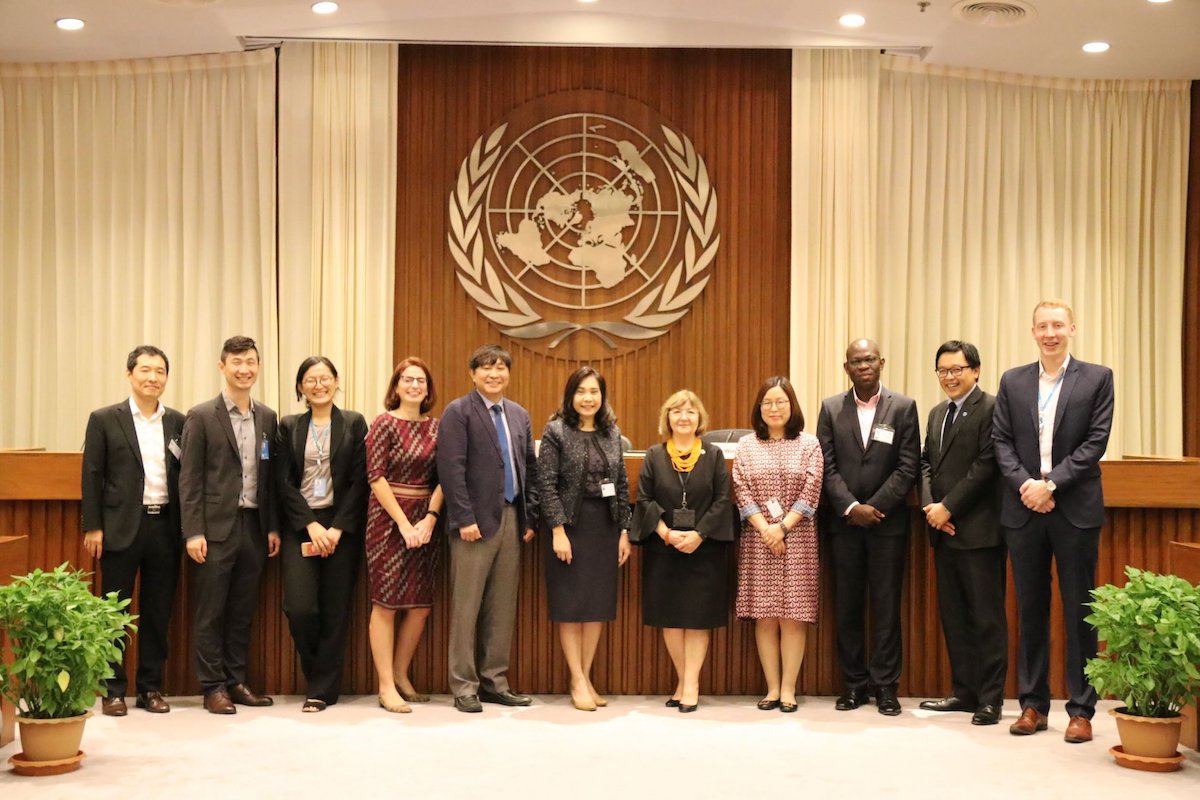International Conference on Inclusive Science, Technology and Innovation Policies for Promoting the Transfer of New and Emerging Technologies in Water and Energy Sectors
Water and energy are critical resources for sustainable and inclusive development as recognized by the Sustainable Development Goals 6 (Ensure availability and sustainable management of water and sanitation for all) and 7 (Ensure access to affordable, reliable, sustainable and modern energy for all) respectively. Harnessing technology and innovation to achieve these goals requires inclusive policies that ensures no one is left behind. For this purpose, concerted efforts are needed to develop and adopt inclusive policies, strategies and best practices by the member States.

